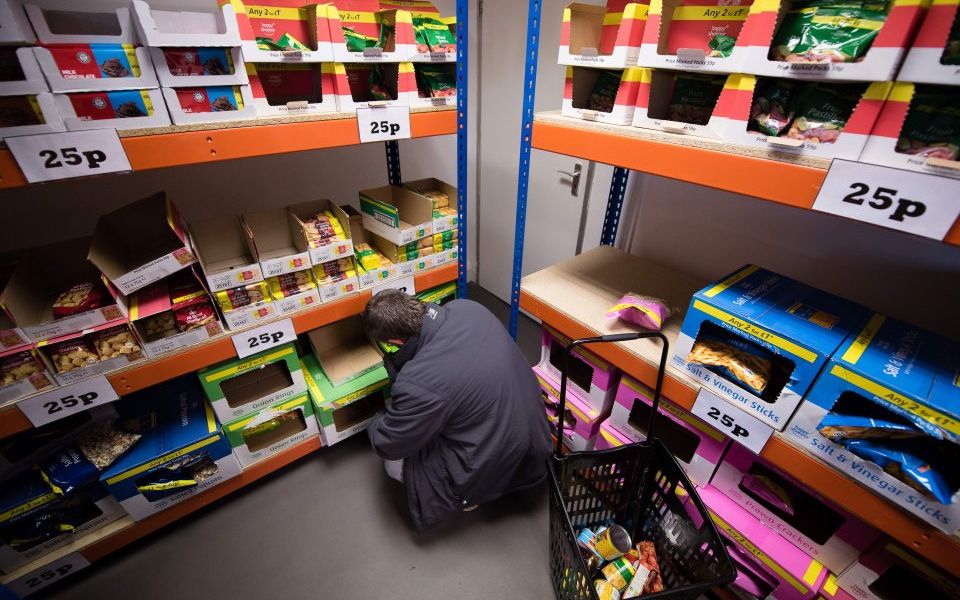Sterling falls on weaker UK inflation data as food and drink prices drop

Inflation slowed in September as the prices of meat and chocolate fell, the first fall in the price of statisticians' basket of goods since April.
Consumer price index (CPI) inflation fell from 2.7 per cent in August to 2.4 per cent in September, the Office for National Statistics (ONS) said today.
The relatively steep fall surprised economists, who had pencilled in a smaller drop.
Food prices edged down by 0.1 per cent during the month, compared to a 0.8 per cent rise during the same period last year.

Read more: DEBATE: Is there a silver lining for consumers to increased inflation?
Transport costs also dragged inflation downwards, as the rate of increase slowed from this time last year, with the same effect playing out in clothing and footwear.
The rate of price growth including owner occupiers' housing costs (CPIH), the ONS's preferred measure, also fell, from 2.4 per cent to 2.2 per cent.
The figures are in line with the expectations of the Bank of England, which pencilled in a 2.5 per cent rise for the third quarter in its latest inflation report. The Bank targets inflation of two per cent over the medium term.
Inflation has boomed over the last two years, outstripping pay growth, after the fall in sterling following the EU referendum passed through to import prices. Those imported effects are now thought to have passed through.
However, economists cautioned against reading too much into the drop in September, a day after wages grew at their fastest rate in almost a decade in June to August.
The Bank's economists expect higher wages will eventually feed through to higher prices, justifying their decision in August to raise interest rates. Bank chief economist Andy Haldane last week said he foresees a "new dawn" for wage growth after a decade of stagnation.
Andrew Wishart, UK economist at Capital Economics, said the fall in inflation "takes away any pressure on the MPC to hike interest rates again until it knows the outcome of the Brexit negotiations".
Sterling fell by around 0.3 per cent against the US dollar in reaction to the weaker-than-expected data, hitting a low of $1.3126 before recovering slightly.